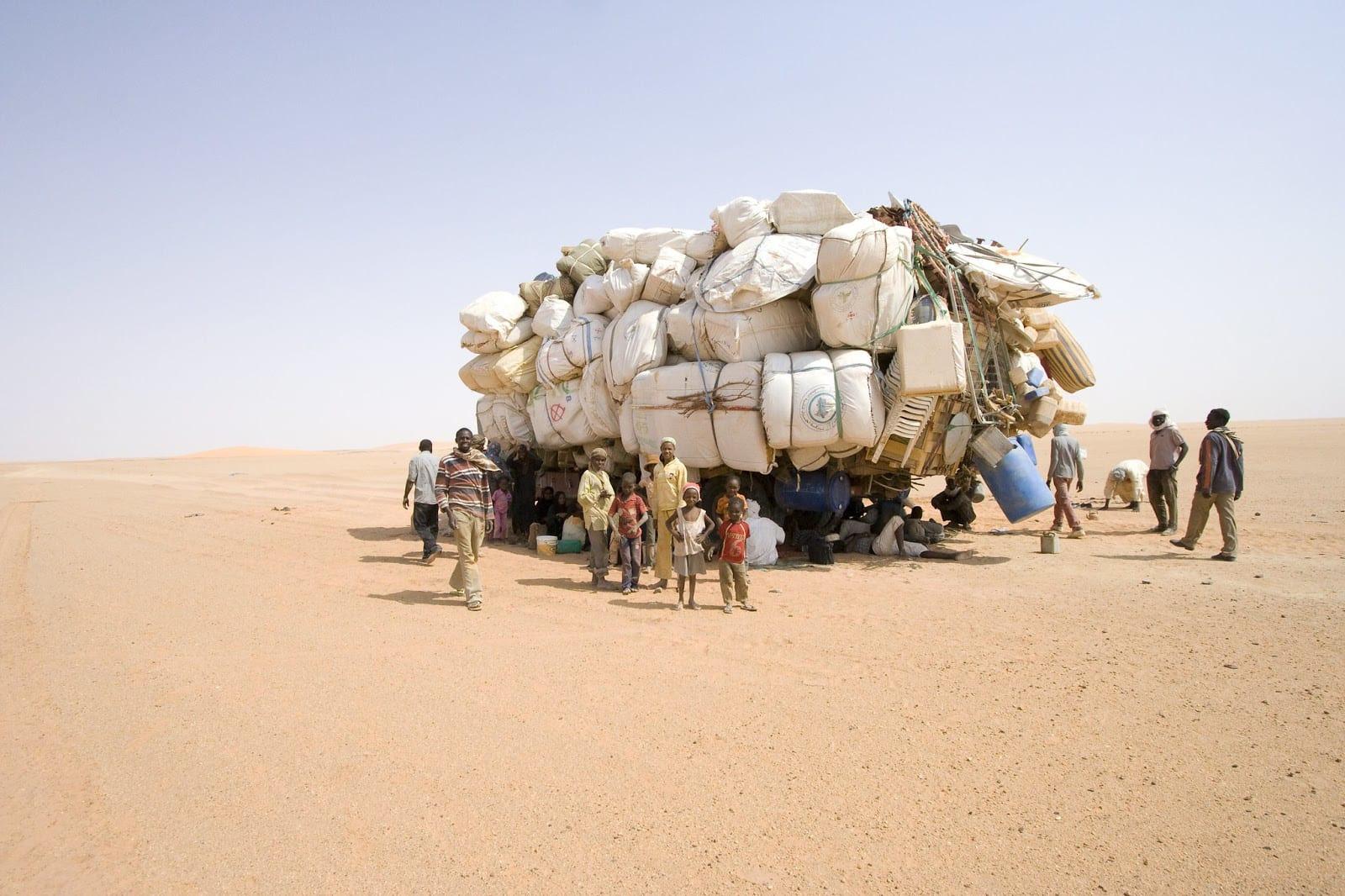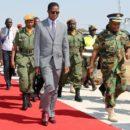Insiders Insight: A war on migrants in Libya, supported by Europe


Migrants in Libya. Credit: EU_ECHO
African Arguments is and always will be freely-accessible to everyone.
But we also have a separate spin-off product called the Africa Insiders Newsletter. It consists of weekly emails with additional snappy insights on topics such as elections, conflict, health and more. It’s for those who want a bit extra and comes with a small subscription fee:
- Regular: $10/month or $100/year
- Patron: $15/month or $150/year. The extra 50% goes straight to funding African Arguments.
- Student/limited income: $2/month or $20/year.
The profits from the newsletter go into funding African Arguments’ free content.
Click here to SUBSCRIBE.
Table of contents:
- The follow-up
- Military and opposition agree to share power in Sudan
- What everyone is talking about
- A war on migrants in Libya
- What we are talking about
- Uganda: Free from Ebola
- Continental Health Corner
- America’s global gag rule backfires
- State of the earth
- Saving the great Ruaha
- WTF of the week
- How to write for the New York Times about Africa
- What else?
- If you have time, read these!
Click here to SUBSCRIBE.
Free segment: What everyone is talking about
A war on migrants in Libya, supported by Europe
The essentials: A bombing outside Tripoli last week that killed at least 44 refugees and migrants in a holding facility has called attention to the inhumane conditions in which migrants are being held and the agreements between the Libyan government, militias and the European Union that put them there in the first place.
The background: The people locked in those facilities are largely migrants and refugees from sub-Saharan Africa attempting to escape across the Mediterranean. As Sally Hayden writes in The New York Times, many had been arrested by a Libyan coast guard that is supported by its European counterpart. They are then held there without charge. The United Nations estimates there are 6,000 people in the facilities, including 1,200 children.
They are held in abysmal conditions, often forced to work in military stores for the government, which is currently battling an insurgency led by the militia leader Khalifa Haftar. They also face starvation, neglect and violence. Some are conscripted into the fighting against their will. And now they are collateral damage as Haftar’s troops take a new approach.
Their efforts to storm Tripoli have stalled, prompting a new strategy of aerial bombardments, which one of Haftar’s commanders announced last week. Two days later came the attack that hit the holding facility. In addition to the dead, there were at least 130 injuries.
The good: Perhaps good will emerge in the form of raised awareness and increased pressure, at least on European governments, to confront their role in this system and to improve the conditions of migrants and refugees. But that will be cold comfort to the dead and injured.
The bad: Libya is littered with these facilities and there’s no reason to think they might not come under future attack by Haftar and his forces. In the meantime, if the Libyan government already sees them as reserves of forced labour, there’s no reason to expect they will not continue or ramp up that practice.
The future: For the people already trapped in the facility, it remains bleak. There are reports that they have mounted a hunger strike and are demanding that they be removed from the facilities and transported someplace safer — outside of Libya.
- Recommended: They hoped to reach Europe before they were massacred (The New York Times)
- Migrants, stuck in Libya, demand evacuation as conflict escalates (Voice of America)
- EU policies contribute to abuse of migrants in Libya (Human Rights Watch)
- UN calls for inquiry into Libya detention center bombing (The Guardian)
Discuss with @_andrew_green on Twitter
Click here to SUBSCRIBE.
The Africa Insiders’ Newsletter is a collaboration between AfricanArguments.org and @PeterDoerrie, with contributions from @_andrew_green, @shollytupe, and assistance from Stella Nantongo. Part of the subscription revenue is funding in-depth and freely accessible reporting and analysis on African Arguments.





